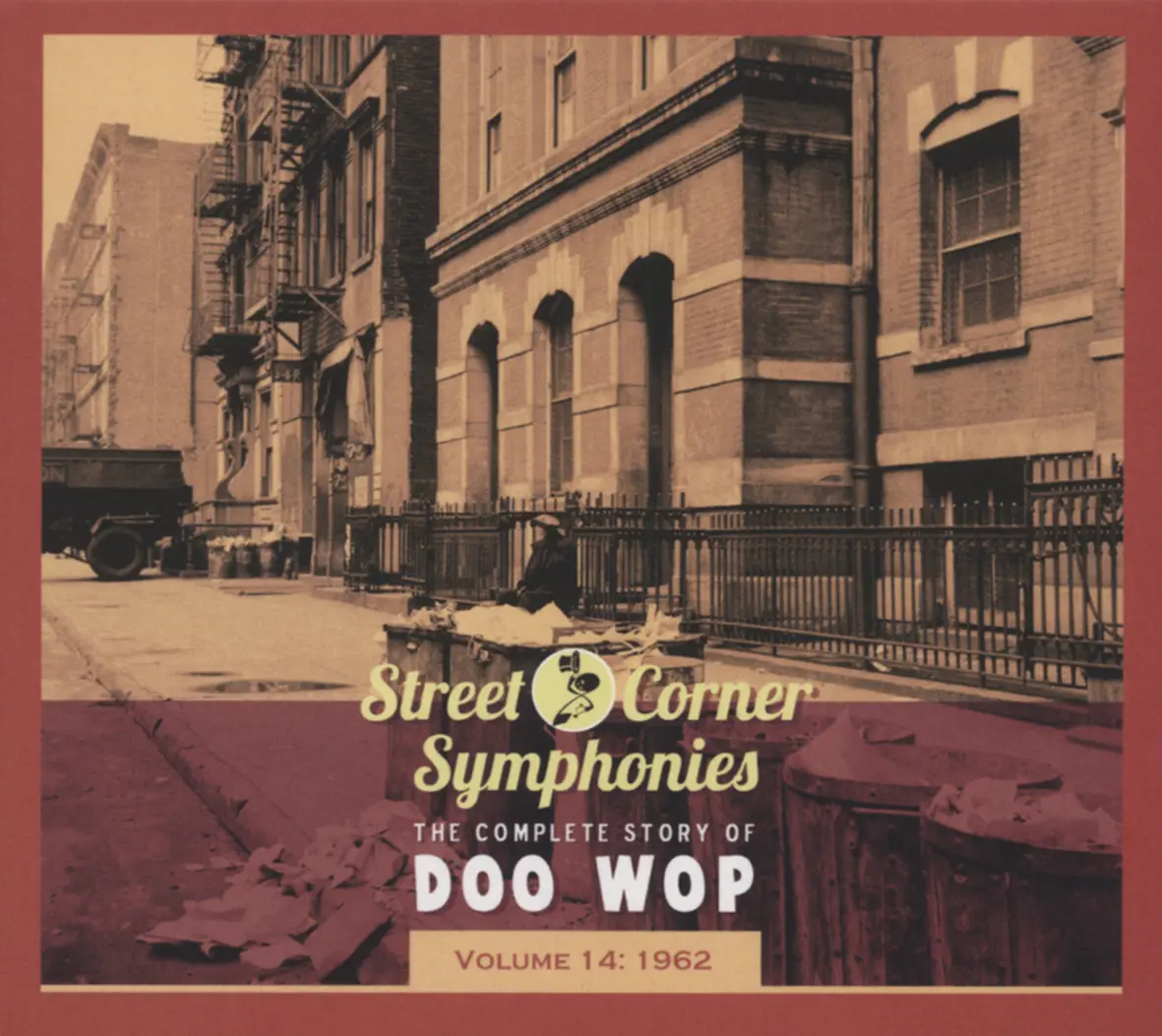Who was/is The Daylighters ? - CDs, Vinyl LPs, DVD and more
The Daylighters
The Daylighters
Oh What A Way To Be Loved
The Daylighters were a Chicago recording fixture from 1959 to '66, though they formed in Birmingham, Alabama thanks to Tony Gideon, born January 19, 1938 in Clayton, Ala. "The Daylighters came together in around October of 1956 at Hooper City High School," he says. "I formed the group after I came back from Chicago, after spending the summer up there and hanging around with The El Dorados."
Initially known as The Five Sparrows and then The Velveteers, they consisted of tenors Gideon and Dorsey Wood, Dorsey's brother George on baritone, baritone Charles 'Sparrow' Boyd, and bass Eddie Thomas. Boyd was quickly replaced by Levi Moreland, who didn't last long either. "One night we were at rehearsal, and we found out there was another Velveteers," says Tony. "We do a lot of Midnighters songs," they reasoned. "Why don't we call ourselves The Daylighters?" The quintet moved to Chicago in May of '58. Deejay George 'G.G.' Graves, their manager, set his proteges up with Narvel 'Cadillac Baby Eatmon's fledgling Bea & Baby label in 1959. There they waxed their debut, the Latin-tinged You're Breaking My Heart.
Graves brought in vocalist/guitarist Gerald Sims, born January 5, 1940 in Chicago. "He had two songs that he brought to the group," says Gideon. "One was 'Cool Breeze.'" A pre-stardom Betty Everett also passed through the ranks briefly. The group's promising Wa Too Si was squelched by Chess Records because The Vibrations had The Watusi coming out on Checker (Chess bought Wa Too Si and put it out under Gideon's name as Whatcha Gonna Do). When Tony went on hiatus, he was replaced by Charles Colbert, Jr. "I was with a group called The Trinidads, and there was another group in town that we'd work with called The Daylighters," says Colbert, born in suburban Argo, Illinois on August 30, 1939. "They needed a singer."
Colbert and Gideon were among the principals of Nike Records, launched in 1961 after Colbert's father got together $5000 to buy some tapes The Daylighters had cut for Don Talty (a Wood-led This Heart Of Mine was their Nike debut). The Army came calling for Tony that September. Sims wrote and fronted the gorgeous Oh What A Way To Be Loved, a doo-wop throwback that first came out on Nike in '61 and returned to inaugurate its Tip Top subsidiary the next year before Dot Records scooped it up nationally later in 1962. Colbert and his Nike co-owners Bob Catron and Doc Oliver penned the storming B-side, Why You Do Me Wrong.
Sims' lilting Cool Breeze was the group's next Tip Top outing, propelling them in a Windy City soul direction (Johnny Pate got credit on the label for his string arrangement). Sims left to work with producer Carl Davis at OKeh, developing into a Chicago R&B session guitarist. Colbert led their '63 Tip Top 45 Bottomless Pit before Gideon returned from the military. A reorganization followed. "Chuck took my place when I went in the Army," says Tony. "They had kind of like taken over the group and called it Chuck & The Daylighters. And I took issue with that." Two new members came into The Daylighters for their Colbert-led raveup Oh Mom (Teach Me How To Uncle Willie), a local hit in early '64. Chuck was now the bassist with Gary and The Knight-Lites, who played on it.
Vee-Jay's Tollie imprint released The Daylighters' Whisper Of The Wind, another Colbert composition later that year (Gideon fronted it and the group's next Tip Top single, For My Baby), before Charles split to concentrate on The Knight-Lites, who morphed into The American Breed and went gold with their '67 pop-rocker Bend Me, Shape Me. Tony wasn't quite ready to give up The Daylighters brand, teaming with Thomas for What About Me, which ended up on Mercury's Smash logo in '66. "We were the only two left then," Gideon says. Thomas died in 1986, but Gideon and Colbert have made the music business a lifelong profession.
Various - Street Corner Symphonies Vol.14, 1962 The Complete Story Of Doo Wop
Read more at: https://www.bear-family.de/various-street-corner-symphonies-vol.14-1962-the-complete-story-of-doo-wop.html
Copyright © Bear Family Records
Copyright © Bear Family Records®. Copying, also of extracts, or any other form of reproduction, including the adaptation into electronic data bases and copying onto any data mediums, in English or in any other language is permissible only and exclusively with the written consent of Bear Family Records® GmbH.

